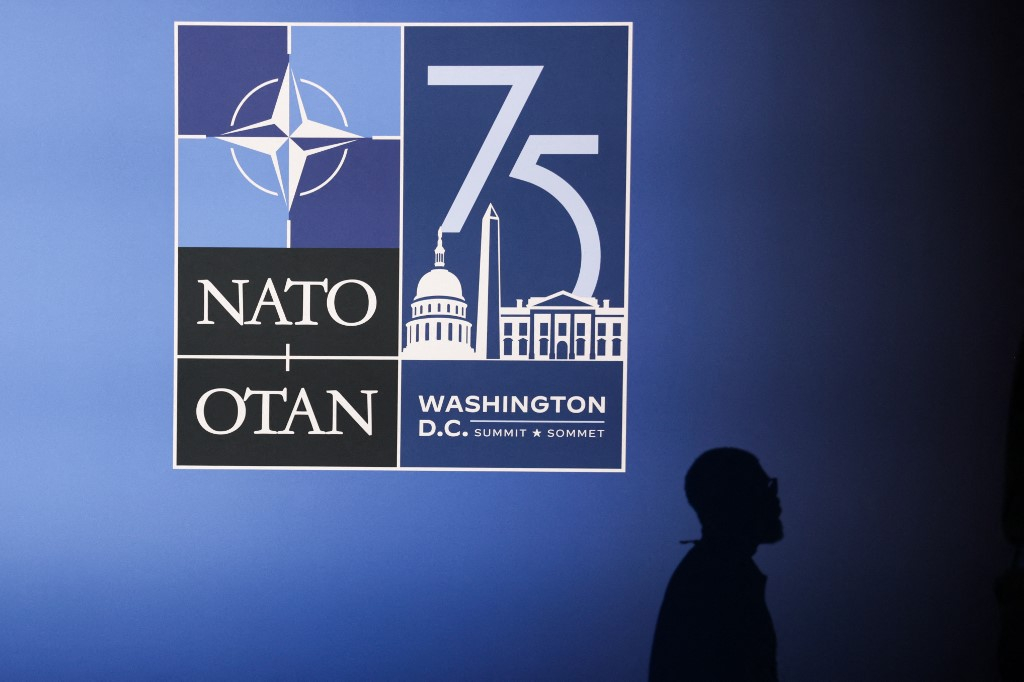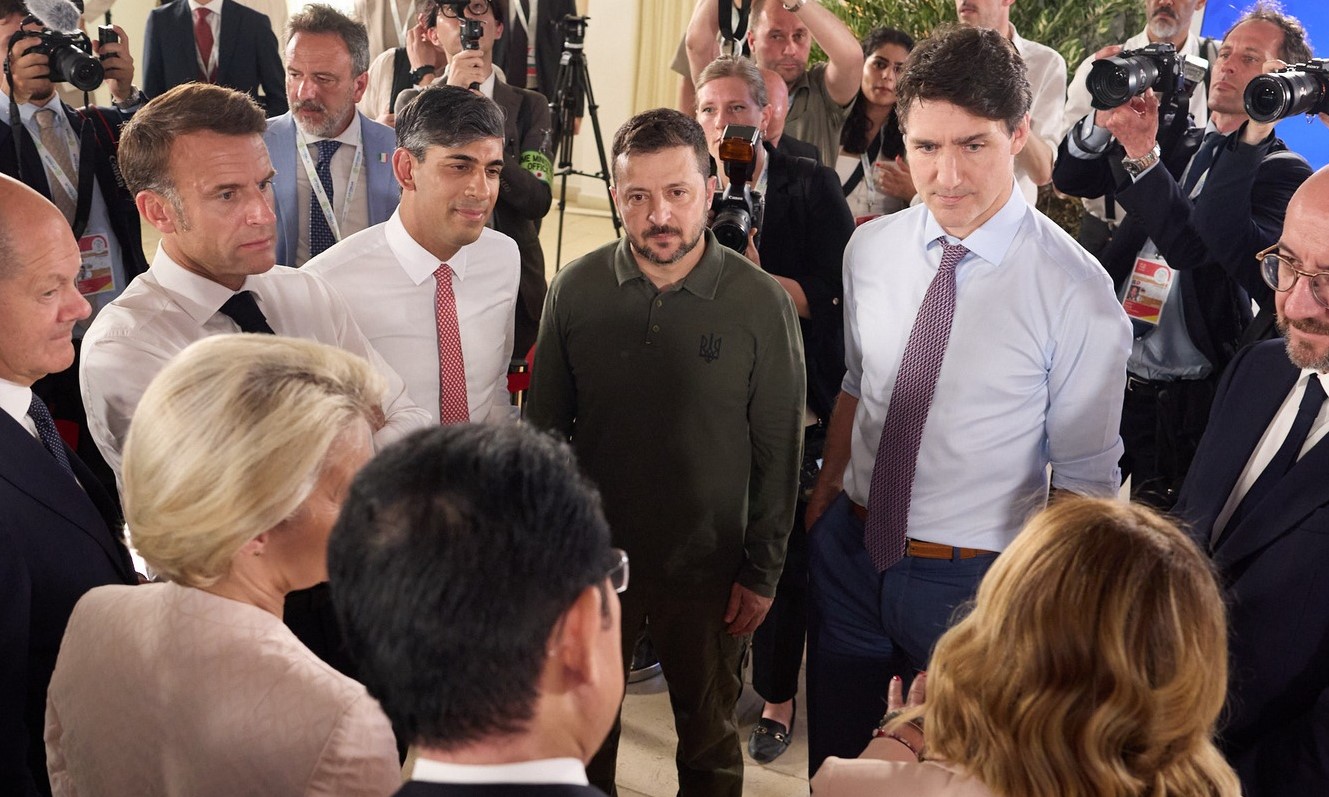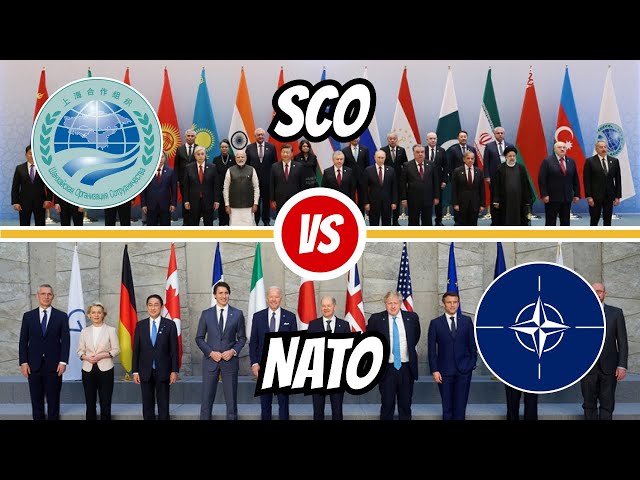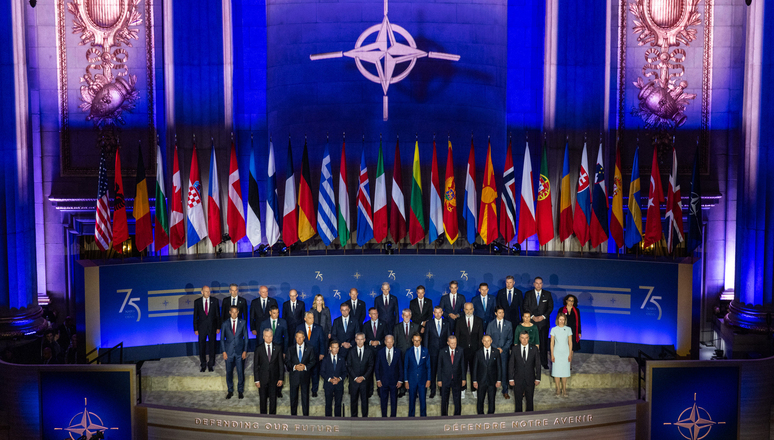
Joseph S. Nye, Professor, Harvard University
Aug 05, 2024
Humans are a tool-making species, but can we control the tools we make? When Robert Oppenheimer and other physicists developed the first nuclear fission weapon in the 1940s, they worried that their invention might destroy humanity. Thus far, it has not, but controlling nuclear weapons has been a persistent challenge ever since.

Dan Steinbock, Founder, Difference Group
Jul 31, 2024
In just two years, China has facilitated cooperation between Saudi Arabia and Iran; now between Fatah and Hamas. Over time, that could pave the way to peace in the Middle East, after eight decades of unwarranted violence.

Richard Weitz, Senior Fellow, Hudson Institute
Jul 31, 2024
Chinese policies impacting the security of the North Atlantic region, which extends from Europe and North America to the Arctic and the Mediterranean, invariably deepen NATO’s interest in Indo-Pacific stability.
Lucio Blanco Pitlo III, President of Philippine Association for Chinese Studies, and Research Fellow at Asia-Pacific Pathways to Progress Foundation
Jul 31, 2024
The U.S. and Philippine annual Balikatan military exercise is an opportunity for the alliance to show its strength, while China chooses the occasion to respond with its own brand of defiance. If the exercise can not deter incursions into Philippine territory, what might com e next?
Peter Sies, Master, School of Advanced International Studies at Johns Hopkins University
Jul 31, 2024
China has positioned itself as a leading force in reshaping the global order, advocating for a multipolar world. However, its current stance on the invasion of Ukraine may undermine this long-term project, casting doubt on its commitment to the principles it promotes.

An Gang, Adjunct Fellow, Center for International Security and Strategy, Tsinghua University
Jul 26, 2024
A growing number of voices warn of a coming global conflict of catastrophic proportions. Such messages must be interrupted. The world must not sleepwalk into war. As it moves to the center of the world stage, China not only calls for peace but actively plans it.
Richard Javad Heydarian, Professorial Chairholder in Geopolitics, Polytechnic University of the Philippines
Jul 26, 2024
The Philippines is at a crucial juncture right now, as the U.S. and China jockey for influence over the strategic waters surrounding the nation. Under new leadership favoring the West, the Philippines risks entangling itself in an escalating struggle between the two global powers.

Zhang Yun, Professor, School of International Relations, Nanjing University
Jul 25, 2024
The Shanghai Cooperation Organisation’s principle that economic development and security are inseparable, is far more advanced than NATO’s exclusive security concept and will inevitably become mainstream in the field of international security.

Xiao Bin, Deputy Secretary-general, Center for Shanghai Cooperation Organization Studies, Chinese Association of Social Sciences
Jul 25, 2024
NATO formally took a hard stance against Russia at its Washington summit, dampening the initiative. But without a rational understanding of responsibility for the war, peace in Europe will remain elusive, and security issues may spill over into Asia.

Jade Wong, Senior Fellow, Gordon & Leon Institute
Jul 25, 2024
This year’s NATO summit spotlighted two pivotal issues: the Russia-Ukraine conflict and the future of the Indo-Pacific region. But the approach was low-key. The primary concern seemed to be the stabilization of aid to Ukraine to shield it from a possible disruptive victory by Donald Trump, who could return to the White House.
Back to Top

- China-US Focus builds trust and understanding between the U.S. and China through open dialogue among thought leaders.
- Our Offerings
- Topics
- Videos
- Podcasts
- Columnists
- Research Reports
- Focus Digest
- Stay Connected
-
Thanks for signing up!
- Get the latest stories from China-US Focus weekly.